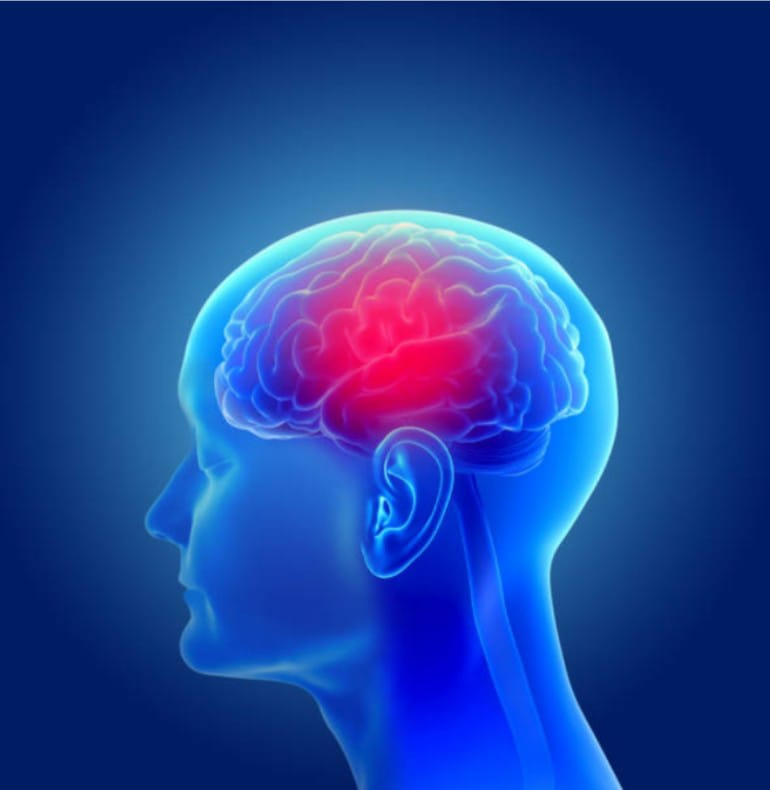Parkinson’s Disease
Parkinson’s disease (also known as paralysis agitans and Shaking palsy) .It is a disease which affects the brain and leads to difficulty in walking, shaking, stiffness and lack of coordination.
The symptoms become worse over time. As the disease progresses, people face difficulty in walking, mental and behavioral changes, depressed, memory failure and fatigue.
Causes of Parkinson’s Disease
- Genetics:
The scientists believe
that genetic and environmental factors combinedly contribute to causes PD. Each of the factors varies from one person to another.
Genetics causes ranges from 10% to 15% of all Parkinson’s. In few families changes/mutation in few genes are passed down from generation to generation. Ethnic groups like Ashkenazi Jews, North Africans and Arab Barbers are expected to have the genes which are related to PD.
Every person from PD goes through loss of dopamine in the brain and carries the symptoms. Even when someone has a gene mutation linked with Parkinson’s, the level of developing the disease is low.
- Environmental factor : PD is caused by
genetics and environmental factors (head trauma, toxins, chemicals).
-Risk factors:-
Head injury: Traumatic brain injury that affects the level of consciousness and increases the risk of developing PD years after the injury.
Area of Residence: Few difference in geographic distribution of PD. These could be due to differences in environmental factors and genetic risk factors.
Occupation: Certain categories related to jobs have been associated with higher increase of PD.
Exposure to Metals: Exposures to various kinds of metals have been seen in development of PD.
Symptoms:-
The four main reasons of Parkinson’s are-
- Shaking of hands, legs, arms,jaw or head.
- Stiffness in arms, legs and trunk.
- Lack of balance and coordination.
Other symptoms-
- Emotional changes and depression.
- Trouble in chewing, swallowing and talking.
- Sleeping issues(nightmares,early awakening).
- Constipation.
- Weight loss.
- Distorted sense of smell or loss of smell.
Treatment of Parkinson’s disease:-
Parkinson’s disease cannot be cured completely, but consumption of medicines prescribed by the doctor can control often dramatically. Doctors suggest exercises relating to stretching, focus on balance and many more.
Based on the condition of the patient, doctors also suggest surgery.
Exercises which is suggested are –
- Yoga
- Dancing
- Stretching exercise
- Aerobic activity
- Strengthening exercise
- Tai Chu
Medication required for PD –
Carbidopa-levodopa – It is the most effective medication, the chemical passes through and is converted into dopamine. This prevents or reduces the side effects such as nausea.
Inhaled carbidopa-levodopa – It is helpful in the situation where oral medication suddenly stops during the day.
Dopamine agonists – Dopamine agonists does not change into dopamine but works as a substitute.
Other medication include-
- MAO B inhibitors.
- Catechol O- methyltransferase inhibitors.
- Anticholinergics.
- Amantadine.
Hence a healthy lifestyle can reduce the cause of Parkinson’s disease and the treatment varies from the patient’s condition.



